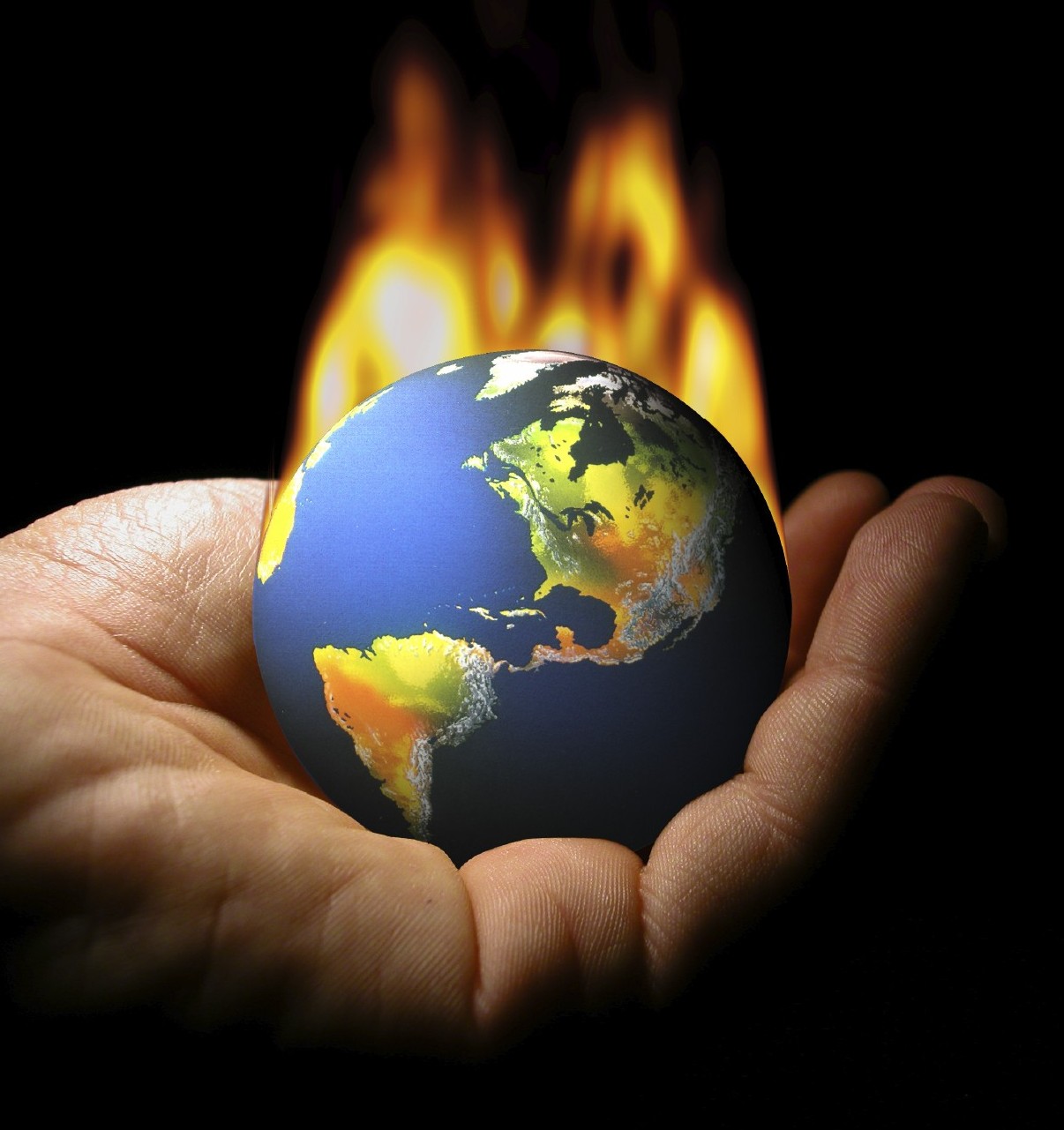by Rupert Darwall • RealClearPolitics
 Tuesday’s climate summit at the U.N. may well mark a turning point in the long-running talks as the reality sinks in that they are heading nowhere. For sure, the rhetoric is unchanged. Recently appointed U.N. peace messenger Leonardo DiCaprio is the show’s newest star, telling the meeting that it was “humankind’s greatest challenge.” But the older acts sounded stale. Former Vice President Al Gore demonstrated his green credentials when he said that political will was “a renewable resource,” recycling a line he’d first used at the 2007 Bali climate conference.
Tuesday’s climate summit at the U.N. may well mark a turning point in the long-running talks as the reality sinks in that they are heading nowhere. For sure, the rhetoric is unchanged. Recently appointed U.N. peace messenger Leonardo DiCaprio is the show’s newest star, telling the meeting that it was “humankind’s greatest challenge.” But the older acts sounded stale. Former Vice President Al Gore demonstrated his green credentials when he said that political will was “a renewable resource,” recycling a line he’d first used at the 2007 Bali climate conference.
For small countries, the U.N. climate change talks provide an opportunity to show the world what virtuous global citizens they are. The Baltic republics boasted of the costly steps they are taking to rid themselves of fossil fuels as if decarbonizing their economies will help protect them against the Russian bear. Finland’s leader boasted how his country was going to decarbonize completely, but didn’t say that Finland will rely on Russian nuclear technology – surely a dangerous dependency. For countries like Denmark and Ireland, vanity and preening come easily. Italy’s new leader , Matteo Renzi, came up with a genuinely novel slant, arguing that the “concept of beauty” needed to be injected into the climate change debate, but did not say how this might help Italy’s debt-laden economy.
The most surreal moment of all came from the Iraq’s president Fuad Masum. The day after the U.S. launched air strikes against ISIS, Mr. Masum spoke of the threat of ecological catastrophe to his country. To speak thus is to belittle the brutality engulfing his Iraq. Impressed by Sunday’s climate marches in New York and other cities around the world, France’s President Hollande, who will preside over next year’s climate conference in Paris, told a press conference that he was encouraged by the “mobilization of society.” But a U.N. survey of 5 million people found that action on climate change came 16th out of 16 on people’s list of priorities.
Underneath the overheated rhetoric and the U.N. platitudes about acting together, the signs of failure are already apparent. The original intent of the summit was to put world leaders on the spot. With the eyes of the world upon them, they would feel compelled to make ambitious pledges to cut greenhouse gas emissions that could be inked in to a legally binding text. Instead, the leaders that came were let off the hook. Now they are only expected to submit their proposals by March next year. All the talk was of reaching “agreement” in Paris, which is a long way short of agreeing to a treaty. Countries were going to agree to make contributions to tackle global warming, not hard and fast commitments to cut greenhouse gas emissions. Contributions are much weaker than commitments. For developing countries, it means listing the sorts of things they are doing anyway – a bit of reforestation here, some solar panels there.
All these are signs of slippage. But it was President Obama who provided the most visible sign that the talks were heading in the wrong direction. Arriving late, the president looked as if he’d rather be anywhere else. The president’s tone in speaking to his fellow leaders and delegates was as if he were talking to a meeting of congressional Republicans. Five years had passed since the failure of the previous round of talks at Copenhagen, he said. Since then, the scientific understanding had advanced. What was once a distant threat had, the president claimed, moved firmly into the present, although the president did not mention that global temperatures have been flat for a decade and a half and that there had been little scientific advance to explain it.
Those words were prologue to the president’s blunt warning. The U.S. is stepping up to the plate, the president declared. The U.S. must be joined by other nations. Nobody gets a pass, especially the big emerging economies, climate change code for India and China, whose leaders were giving the summit a pass. Solving climate change was a matter of taking a lead, the president said, making the improbable claim that giving a lead is what the United Nations General Assembly is for.
There were quite a number of empty seats in the chamber as the president spoke. Secretary of State John Kerry played with his BlackBerry. Many looked bored. At the end of the president’s remarks, the most enthusiastic applause came from DiCaprio. Perhaps that’s because he’s good actor. The climate change talks might be attracting dwindling audiences. But there’s one thing you can bet on: the climate change show will run and run.
Rupert Darwall is the author of “The Age of Global Warming: A History” (2013).